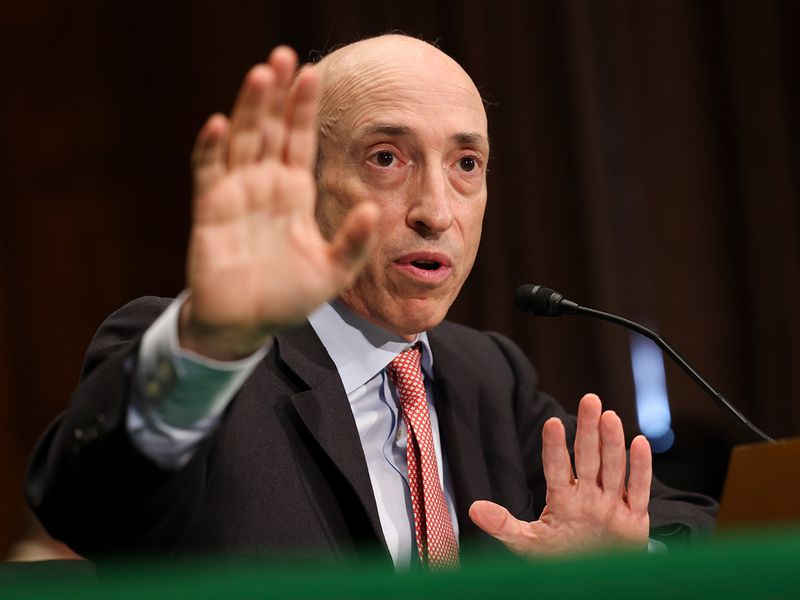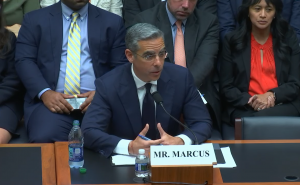A federal judge denied a Washington state resident’s petition to stop the Internal Revenue Service (IRS) from gathering data about his bitcoin holdings from the Bitstamp exchange.
In a ruling Monday, Judge John Coughenour of the U.S. District Court for the Western District of Washington instead ordered the IRS to narrow the scope of a summons it had issued to Bitstamp.
The ruling is notable because the judge rejected two arguments likely to resonate with cryptocurrency users, especially cypherpunk early adopters: that the petitioner had a constitutional right to financial privacy, and that third parties (in this case, the tax collector) cannot be trusted to safeguard sensitive personal information.
According to the order, William Zietzke filed the petition to quash the IRS summons on Bitstamp, after the agency began an audit of his cryptocurrency holdings and transactions following the filing of an amended tax return.
Zietzke filed a $104,482 capital gain for 2016, with two bitcoin transactions apparently making up the bulk of the funds. However, he realized in 2017 that the transactions did not occur in 2016, and filed an amended return showing a capital gain of only $410 and requesting a refund of taxes he’d paid.
In response, the IRS began auditing his cryptocurrency transactions, identifying the various services he used, including Bitstamp, whom the agency issued a summons to determine how many transactions and how much bitcoin Zietzke sent through the exchange since opening his account.
The judge agreed with Zietzke’s argument that the summons was overly broad, but rejected his other arguments, which included that the IRS’s summons were issued in bad faith; that the IRS already has the information it needs; that the IRS “failed to follow the administrative steps” required by law; that the summons violated his Fourth Amendment rights to a reasonable expectation of privacy; and that the government cannot ensure it secures any data it collects from Bitstamp.
The judge threw out several of Zietzke’s arguments on technical grounds, noting that the IRS is conducting an audit of his holdings and transactions, which satisfies legal requirements for showing a legitimate purpose, and writing that there is no evidence to suggest the IRS is acting in bad faith or taking too long to audit him.
The judge’s order told the IRS to narrow its request to only those transactions conducted in 2016.
In that case, “the Supreme Court held that a person lacks a reasonable expectation of privacy in a bank’s records pertaining to the person,” Judge Coughenour wrote.
While another case (Carpenter v. United States, 2017) also addressed privacy and seemingly conflicted with Miller, the Carpenter case was primarily about surveillance, and therefore the Miller precedent stands, he wrote.
As for the argument that the IRS “is unable to adequately secure such highly sensitive information,” Judge Coughenour was candid and direct.
“This is, to put it bluntly, not a legal argument,” he wrote.
The IRS now has two weeks to file an amended summons to Bistamp, with Zietzke getting a week after that to respond.
Neither Bitstamp nor Zietzke immediately responded to a request for comment. IRS spokesperson Dean Patterson declined to comment, saying, “federal law prohibits the IRS from discussing specific taxpayers.”
Despite Zietzke’s efforts, the judge’s ruling suggests that the IRS will collect the information it is looking for eventually, to conclude its audit on the Washington resident.
“As with many things in life, cryptocurrency transactions have tax consequences,” the judge wrote.
Disclosure Read More
The leader in blockchain news, CoinDesk is a media outlet that strives for the highest journalistic standards and abides by a strict set of editorial policies. CoinDesk is an independent operating subsidiary of Digital Currency Group, which invests in cryptocurrencies and blockchain startups.









